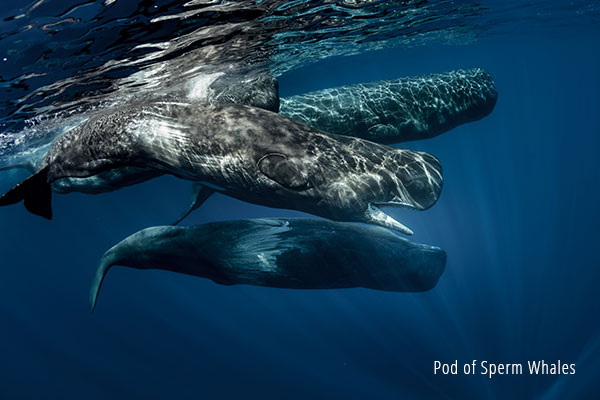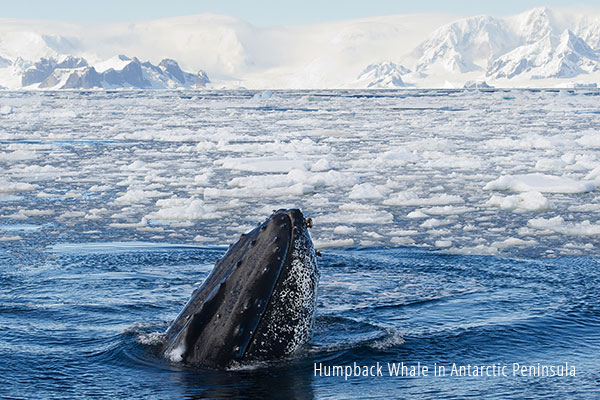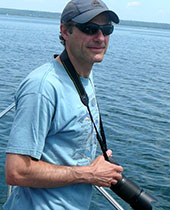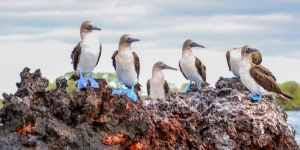Now based at the Department of Biology at the University of Toronto – Mississauga, Richter’s studies of large whales have taken him to some of the world’s best sites for observing the fascinating behaviour of the mammalian giants of the sea. Most of his work on the Atlantic Ocean population of humpbacks has been in Canada’s Bay of Fundy, the waters off Newfoundland and the species’ wintering area in the Gulf of Mexico. While completing his ph.D. at Otago University in New Zealand, Richter studied the behavioural responses of resident and transient Sperm Whales to the presence of whale-watching and research vessels as well as small aircraft.


If you plan on spending some time on one of the bow decks of the Akademik Sergey Vavilov (and we heartily recommend that you do!), make sure you’re not too far from Professor Richter. His vast knowledge and congenial manner make for great conversations, and it’s unlikely there’s anyone on board with such an acute sense of spotting the distant blow of a giant male Sperm Whale or the tail-lobbing or flipper-slapping of a humpback.



